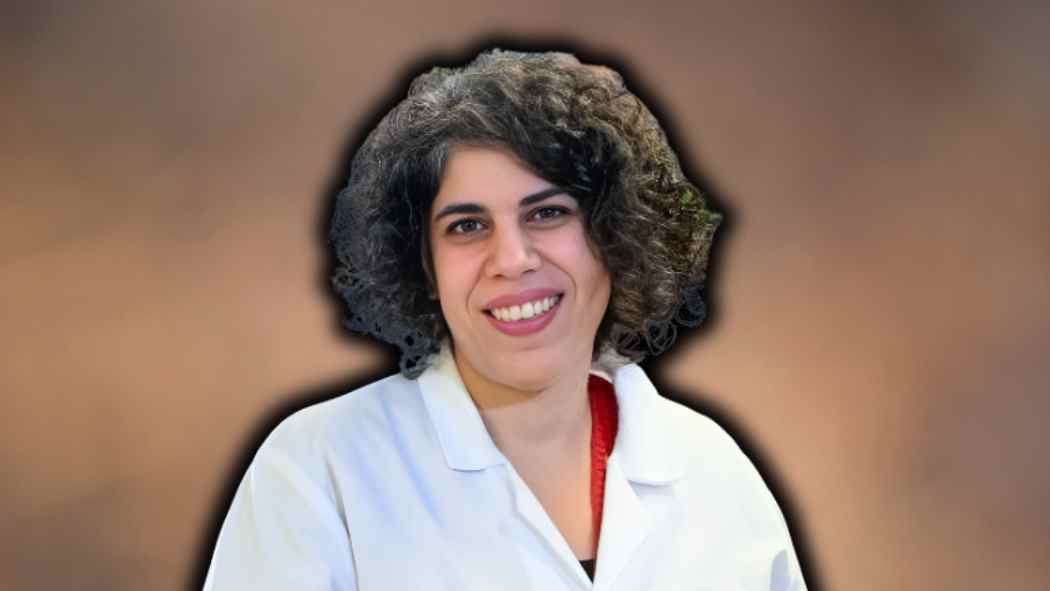Mina Ryten: A Visionary Leader in Neurogenetics and Dementia Research

Among the most influential names in modern biomedical science, Mina Ryten stands out as a pioneering figure in neurogenetics and dementia research. Known for her academic leadership, groundbreaking studies, and ability to lead complex scientific programmes, she has established herself as an expert whose work bridges neurological medicine, bioinformatics, clinical research, and cutting-edge genomic science. The name Mina Ryten is now closely associated with breakthroughs in understanding brain disorders, RNA biology, and the genetic architecture of neurodegenerative diseases.
Who Is Mina Ryten?
Mina Ryten is a prominent British clinician-scientist and academic specialising in neurology, genetics, and transcriptomics. She has built her reputation through years of dedicated medical training, scientific research, and leadership at major research organisations. Her career combines clinical medical practice with an advanced understanding of computational biology, which places her at the intersection of technology and medicine.
Her journey through elite academic institutions and national research bodies has positioned her as one of the foremost authorities in the study of neurological diseases. Her work has influenced how scientists analyse brain function, interpret genetic data, and approach the challenges of dementia, Parkinson’s disease, and other neurodegenerative conditions.
Academic Background and Early Career
Mina Ryten began her academic journey by studying medicine, combining her interest in clinical science with an early passion for research. After medical school, she expanded her training through specialist education in clinical genetics and neurology. During this foundational stage, she worked as a clinician in the National Health Service, where she encountered the real-world challenges posed by neurological disorders.
The next defining chapter of her career came when she pursued advanced academic research in neuroscience. She trained further in genetic medicine and obtained a doctorate focusing on the biology of the nervous system. Her PhD allowed her to investigate the development and repair of human tissue, and this scientific foundation became the platform for her later discoveries in human brain biology.
From this period onwards, her research moved progressively into the field of brain transcriptomics, a highly specialised discipline that investigates gene expression within the brain. This research direction would become a lifelong focus and the defining feature of her scientific contribution.
Rise as a Leading Geneticist and Bioinformatics Researcher
One of the aspects that distinguishes Mina Ryten from many other medical scientists is her ability to merge clinical medicine with computational biology. She is neither purely a doctor nor simply a laboratory researcher. Instead, she belongs to a new class of scientific leaders who understand the fundamentals of human disease through data-driven analysis.
Her postdoctoral stages included intensive training in computational biology and bioinformatics. This opened the door to large-scale data analysis, allowing her to investigate human brain function in unprecedented detail. Her work has helped transform the field of neuroscience, demonstrating that neurological disorders cannot be understood without studying the molecular messages and gene regulatory systems that operate within brain cells.
Leadership in Dementia and Neurodegeneration Research
Mina Ryten’s research and leadership have been increasingly linked to some of the most urgent public health challenges of our time. Dementia is one of the fastest-growing medical crises in the world, affecting millions and imposing huge emotional and financial burdens on patients, families, and healthcare systems. Mina Ryten has responded to this crisis by pursuing scientific excellence in the study of neurodegenerative disease.
Her research programme focuses on understanding how genes and RNA play a role in the development of conditions such as Alzheimer’s disease, Parkinson’s disease, and other forms of dementia. She also investigates rare and complex neurological disorders, using advanced genomic tools to uncover the mechanisms that cause disease.
Contributions to Human Brain Transcriptomics
One of her most significant scientific contributions is her leadership in the field of human brain transcriptomics. Unlike traditional genetic research, which focuses primarily on DNA, transcriptomics examines RNA and gene expression, which offer a more dynamic and functional picture of brain biology. Her studies have shown that RNA processes are essential to brain development, maintenance, and function.
Through this research, Mina Ryten has demonstrated that many neurological diseases are caused not simply by genetic mutation but by the complex processing of RNA. She has helped introduce new approaches to analysing the human brain at the molecular level and has built some of the most comprehensive datasets used by researchers today.
Influence on Clinical and Diagnostic Medicine
One of the remarkable aspects of Mina Ryten’s work is its direct connection to improving clinical care. Her discoveries have helped improve the diagnosis of rare neurological disorders and have contributed to the development of new strategies for identifying disease early. She has also helped shape clinical frameworks for analysing genetic information in patients, ensuring that laboratory work does not remain isolated from health care.
Her emphasis on data-driven research has also influenced the way doctors interpret medical cases involving neurological disease. By showing that transcriptomic information can guide diagnosis, she has taken a powerful step towards personalised medicine in neurology.
Support for Open Science and Research Collaboration
Mina Ryten has also demonstrated a strong commitment to open scientific collaboration. She has contributed to the development of tools, software, and databases that allow other researchers to access and use genomic data. This open-science approach has helped accelerate discoveries in neuroscience and has made her research outputs available to the broader scientific community.
Her collaborations span major medical institutions, universities, and research centres, making her a key figure in international scientific networks addressing the causes of dementia and related conditions.
Awards, Recognition, and Leadership Roles
A defining feature of Mina Ryten’s career is her growing recognition as a national and international scientific leader. She has received prestigious fellowships, research funding, and appointments to lead major biomedical research teams. Her role as the head of internationally respected dementia research groups underscores her authority in the field.
Recognition by the medical and scientific community reflects not only her academic achievements but her influence on the direction of medical science.
Impact on Future Neuroscience and Medical Innovation
The influence of Mina Ryten’s work is not confined to academic theory. It holds real-world importance for public health, scientific progress, and the future of medicine.
Her research will play a role in:
- New treatments for dementia and Parkinson’s disease
- Improved diagnostic methods
- Greater understanding of how the human brain works
- Integration of artificial intelligence into medical science
- Development of personalised medicine approaches
As the global population ages, the importance of this research cannot be overstated. Mina Ryten represents a new wave of scientific leadership that is advancing our understanding faster than ever.
Conclusion
Mina Ryten has become one of the most influential voices in contemporary neuroscience and genetic medicine. Her unique ability to combine clinical understanding with computational and molecular expertise makes her an exceptional figure in the medical world. Her research is helping to transform the way we understand the human brain, the causes of neurodegeneration, and the future of treatments for dementia.
Her contributions go beyond academic achievement. They represent a commitment to improving human health and reducing the impact of some of the world’s most devastating neurological diseases. Mina Ryten stands as a leader, innovator, and scientific visionary whose work continues to shape the future of medical research and global health.



